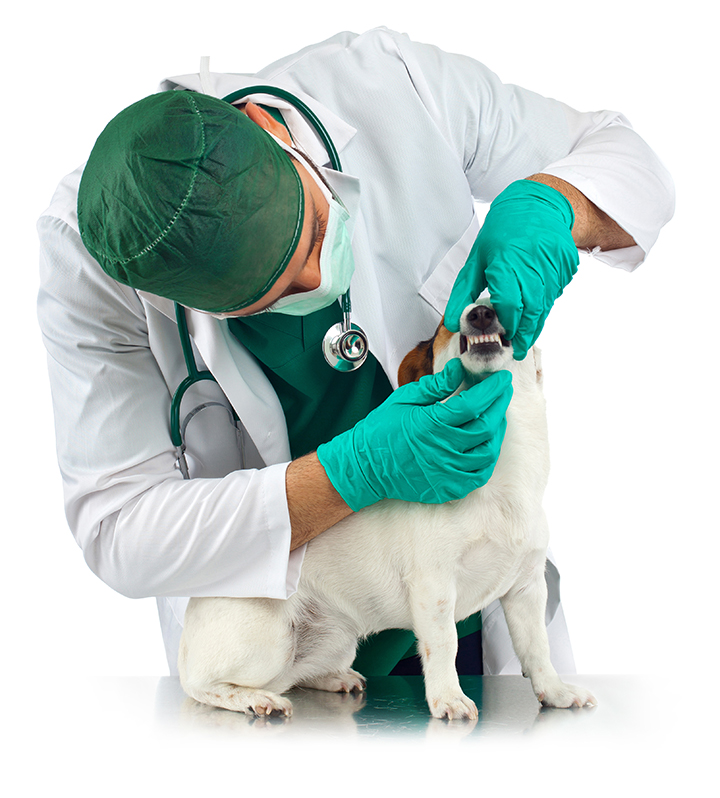Walking, grooming, and feeding them good food are important for our fur family, but make sure your pets’ dental health is looked after, too.
Is Fido’s breath smelling even bad lately? How about Fluffy? Does she eat more daintily or on only one side now? Your dog or cat could be dealing with dental issues.
Owner of Paws Calls, a veterinary house calls practice, Dr. Tiffany Jamieson, says dental care is essential for pets. Without proper dental care, dogs and cats could get a buildup of bacteria in their mouths, leading to bad breath, behavioral and eating changes, weight loss, gingivitis, cavities, tartar, and periodontal disease. Swallowing this harmful bacteria over long periods could even lead to heart, liver or kidney damage. With the guidance of your vet, you can provide proper dental care and help your pet live a healthy, happy life.
“For dogs, it can be a bit easier to do some dental care on your own,” Dr. Jamieson says. “Many dogs will allow you to brush their teeth, especially if you start when they are young.”
Using a finger brush (a rubber tip with ridges you put on your finger) or a dog toothbrush and some canine toothpaste, it is relatively easy for many owners to do this at home. However, if your dog is aggressive or doesn’t like his mouth to be touched, don’t try this. Each dog and its owner are different. If you’ve had your dog for a while, you probably already know what they will or will not put up with.
If your dog is good-natured and willing, Dr. Jamieson recommends brushing your dog’s teeth daily or weekly to help prevent dental issues. She adds that owners should not feel bad if they haven’t brushed their dog’s teeth this frequently. “Anything is better than nothing,” she says.
Given that cats typically dislike interference with their mouths, home toothbrushing might not be an acceptable option. Again, you know your pet best. Even without home toothbrushing, you can still help your pet’s dental health by feeding them quality dry food, giving them dental care treats, and using dental water additives in their drinking water. There are even some powdered dental care formulas you can add to their food to help.
According to Dr. Jamieson, once the gum line is inflamed, tartar becomes thick, or a dental problem arises, your veterinarian may recommend a professional dental cleaning. The cleaning will involve an anesthetic procedure for your dog or cat. In some cases, your pet may even need to have some teeth removed.
Your pet should recover well after tooth extraction, depending on the number of teeth removed, your pet’s age, other contributing factors, and your veterinarian’s recommendations. Your vet may prescribe pain meds and antibiotics to keep your pet comfortable and prevent infection. You may also need to change your pet’s food to accommodate the loss of teeth. But many cats and dogs have been OK without a few or even all their teeth.
Because dogs and cats age so much faster than humans, once they are past seven years old, Dr. Jamieson recommends your pet see the vet every six months for routine health and dental check-ups.
“With age, dogs and cats can get more health issues. We want to catch those quickly so they can be treated and your pet can live a long life with you.”



Comments